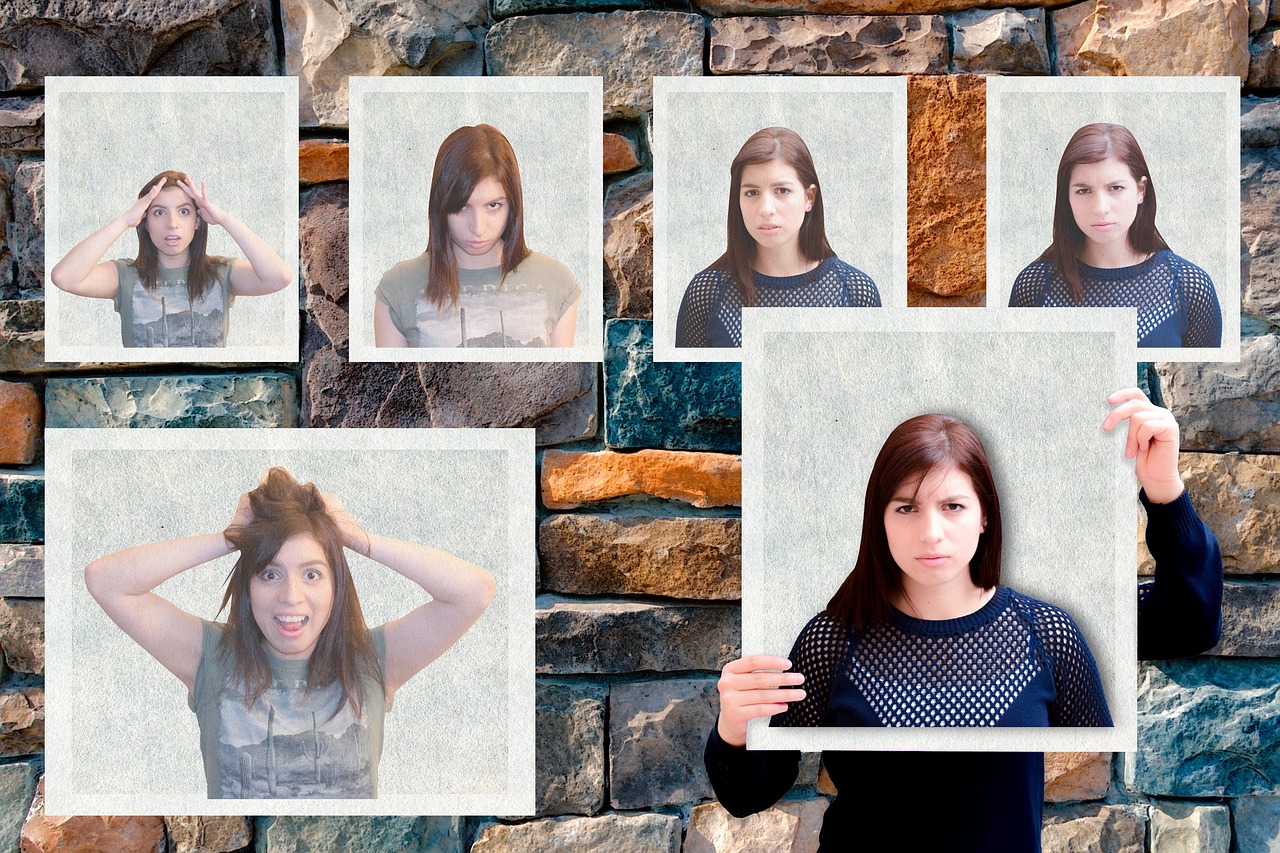Empathy and Understanding
Every single day, Brooke Gould feels like people judge her. She is a 27-year-old woman who is unemployed, and people assume that she is lazy and doesn’t want to work. But that’s not true at all. She wishes she could work, but her mind won’t let her. Gould opened up about her story on The Mighty, a digital health community, and explained how she is learning to accept her mental illness and what it means for her future in the workforce.
Gould’s life changed forever when she was 22. She was diagnosed with anxiety, bipolar 2, borderline personality disorder, and PTSD. Since then, Gould has struggled with the reality of supporting herself but finding it almost impossible to get out of bed every morning. Gould has gone on employment disability and says she is learning to say that without feeling any shame.
She wrote in her post, ‘I do ‘want’ to work, but you can’t see a woman who takes two hours just to wake up and feel even the slightest fraction of a possibility of facing the day.’

Photo by: Pexels
She is not alone. The Globe and Mail reported that in a week at least 500,000 Canadians called in sick to work because of a mental health issue, in a series examining mental health in the workplace. Gould knows this better than anyone as she says the thought of having to get out of bed, shower, get dressed, and go to work is like running a marathon.
Employees with mental health issues have the right to leave options, but it’s not always that easy in the mind of someone who is suffering. ‘If I cannot even rely on myself to wake up in the morning and be able to brush my teeth, I surely am not going to have someone employ me and then let them down as well,’ Gould wrote. See more: Is it advisable to leave and quit my job if I hate it?
Gould says she respects the people in her life who can get up every morning, no matter what day or night they’ve had; the people who don’t have anything to do, yet still find the motivation to get out of bed and start their day. ‘I look at these people and cannot understand how they don’t realize just how well off they are to be able to do such menial tasks and not become exhausted and ready to hop back into bed,’ she wrote.
According to Gould, asking for advice from those productive people has been pretty useless. Gould says their advice always consists of a single word she finds very annoying: routine. She says the word sounds like they are talking down to her, even though they mean well. ‘Sorry, but it just does not work that way, and I hope you never have to experience this blackness and finally understand why it is not that simple,’ she wrote in her post.
Going on employment disability was not something she wanted to do, but something she had to do to support herself. ‘I know in my heart I am not yet a capable employee, and I have to accept that and be OK with it,’ Gould wrote. ‘I would rather the occasional feelings of shame of disability payments than the guilt of taking a job from a perfectly capable employee somewhere.’

Photo by: Pexels
Brittany King, the founder of the nonprofit organization Foundation for the Future, told Glamour in an interview that it’s possible to get back out there. King says she was changing jobs every 6 to 12 months when she graduated from college. ‘I just thought I kept getting bad jobs,’ she confessed. ‘I would sit for hours and not do anything. What I did produce was sloppy. I frequently got called into meetings to discuss my poor habits. I hated it.’ She finally broke the cycle when she found the root of her problem. She saw a psychiatrist and found out she had been dealing with depression. ‘My undiagnosed depression kept me in a haze,’ she said. She learned how to cope with her mental illness and eventually became a successful career coach. ‘With the fog cleared from my life, I can help others find work they love,’ said King.
Gould might have a success story like King’s in the future, but right now she’s just accepting where she is in her journey. ‘I am learning to feel somewhat ‘OK’ with saying, ‘I’m actually on disability, and not working currently. Though I do hope to someday achieve that goal of returning to the workforce.” She hopes that by acknowledging her struggles and being okay with them, she will finally feel a sense of peace.
The Battle Within Confronting Mental Illness Head-On
It can be difficult to accept being unable to work because of mental illness. It is important to remember that mental illness is a real condition that can affect anyone and that it is not your fault. You are not alone in this struggle.
One way to learn to accept being unable to work because of mental illness is to seek support from others. This can include talking to friends and family members, joining a support group, or seeing a therapist. It can also be helpful to learn more about your condition and how it affects you.
It is also important to take care of yourself physically and emotionally. This can include getting enough sleep, eating a healthy diet, exercising regularly, and practicing relaxation techniques such as meditation or deep breathing.
Remember that it is okay to take time off work if you need it. You have the right to take care of yourself and your mental health.
Disclaimer: DevRange does not provide medical advice, diagnosis, or treatment. Please click here for more information.






